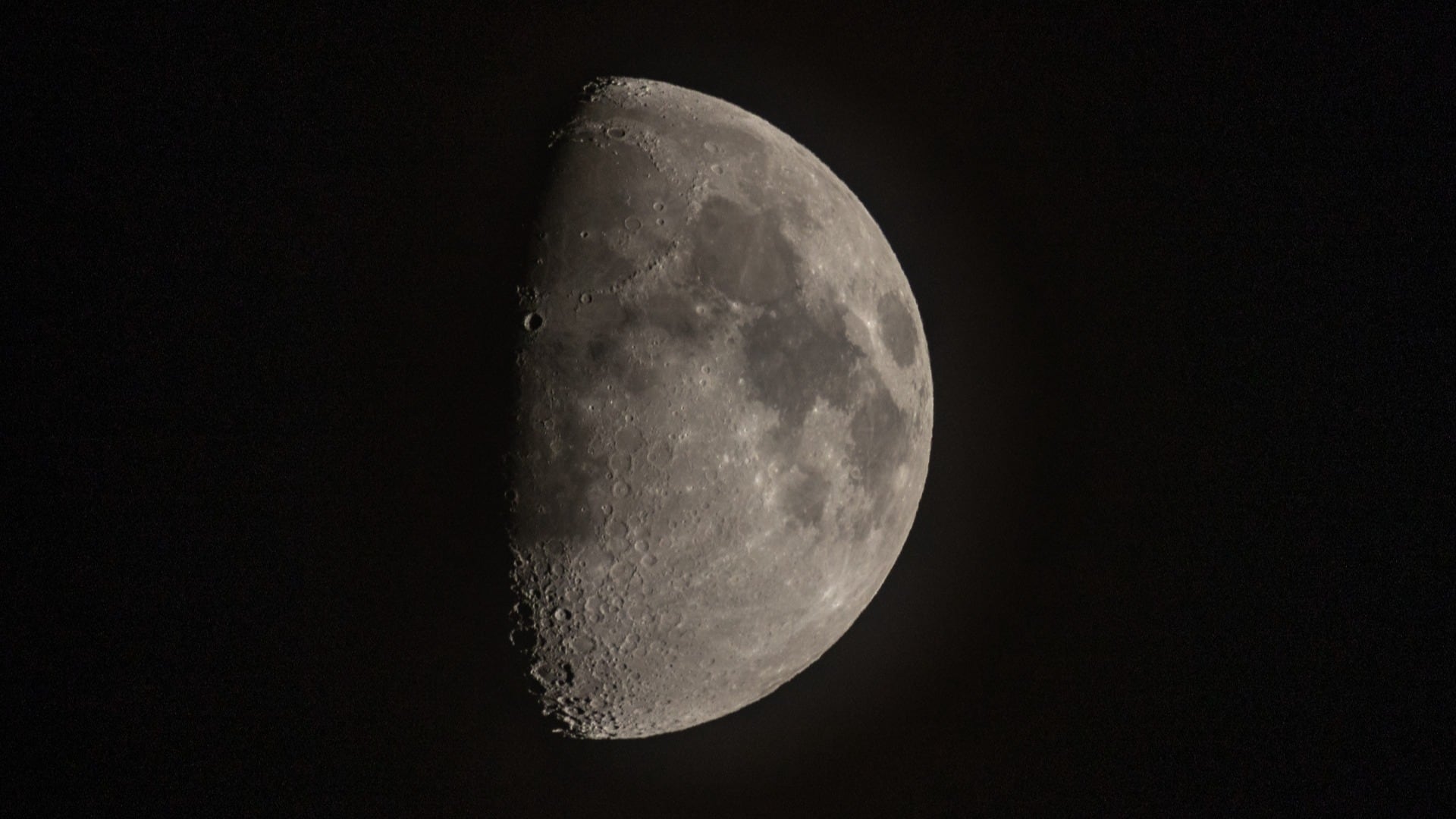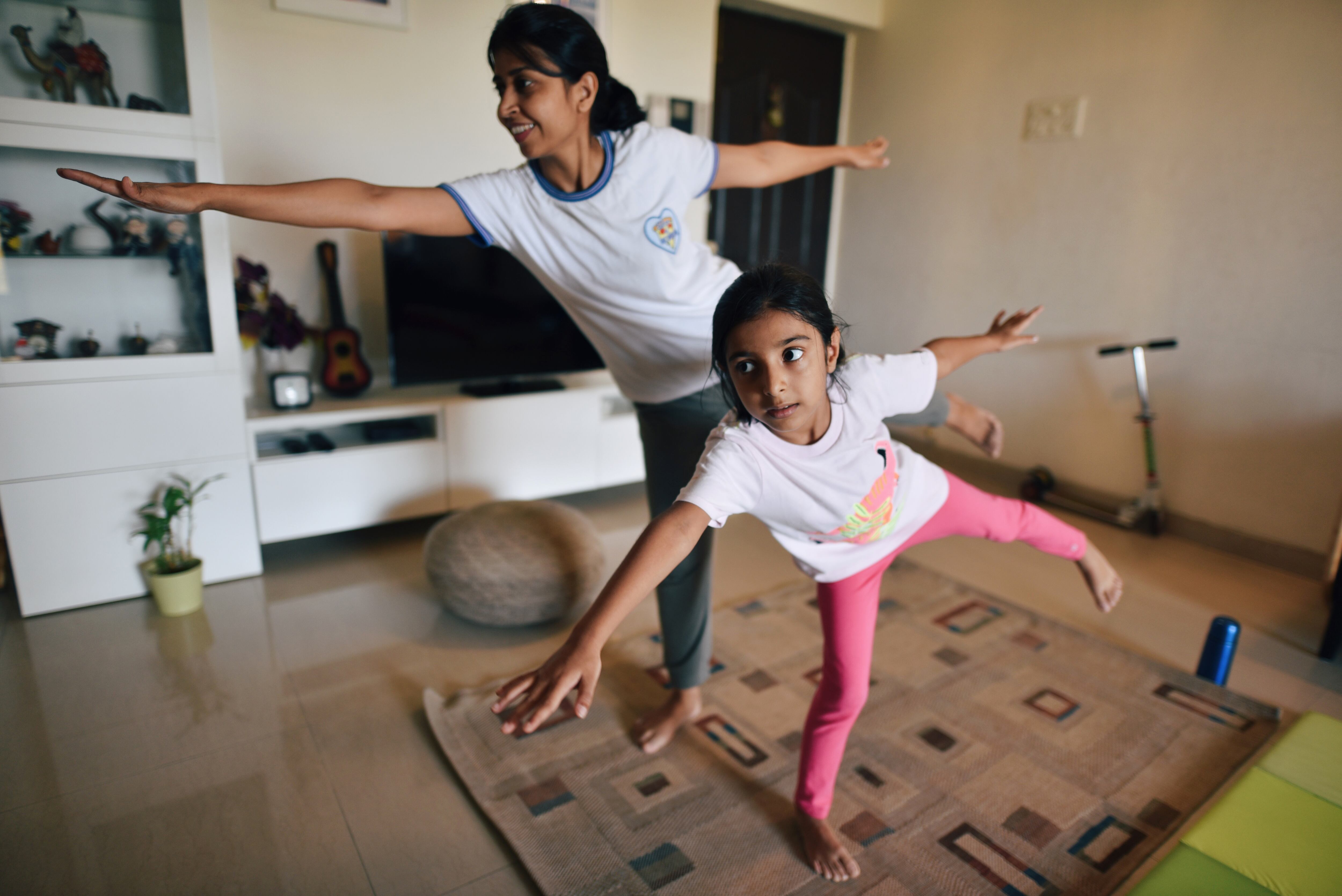While time is an Earthly concept, scientists are signaling it might be time to establish a time zone for the moon.
The idea first gained steam between global space organizations last year and has remained a relevant topic as multiple nations gear up for their own lunar missions. Currently, telling time on the moon is based on the country conducting the mission.
"During this meeting at ESTEC, we agreed on the importance and urgency of defining a common lunar reference time, which is internationally accepted and towards which all lunar systems and users may refer to. A joint international effort is now being launched towards achieving this," said Pietro Giordano, European Space Agency navigation system engineer.
Clocks run faster on the moon due to its weaker gravitational pull compared to Earth, with timepieces getting 56 milliseconds faster per day, according to the ESA.
The groups behind the push to establish this universal timekeeping standard are also debating which agency should set and maintain the moon clock once it launches.
Meanwhile, NASA's first manned mission to the moon in over 50 years is expected to land on the lunar surface in 2025.
A new study finds an experimental skin patch shows promise to treat toddlers who are highly allergic to peanuts.
Britain's fertility regulator on Wednesday confirmed the births of the U.K.'s first babies created using an experimental technique combining DNA from three people, an effort to prevent the children from inheriting rare genetic diseases.
Federal health advisers said Wednesday that a decades-old birth control pill should be sold without a prescription, paving the way for a likely U.S. approval of the first over-the-counter contraceptive medication.
Colette Morales, instructor at Core 95, joined Cheddar News to teach a few basic yoga poses aimed at strengthening multiple areas of the body simultaneously.
A group of nationally-recognized medical experts are suggesting women start getting breast cancer screening at 40 years old.
The Food and Drug Administration is kicking off a two-day meeting to consider whether to let people get birth control pills without a prescription, with a decision expected by the summer.
Be Well: How Yoga Can Benefit Children
Be Well: Understanding Strokes and How Doctors Work to Reverse Their Effects
Be Well: Destigmatizing Conversations Around Sexual Health and Organs
Be Well: How to Diversify Your Water Consumption












